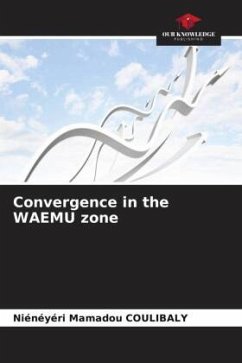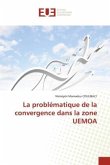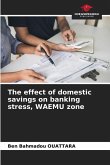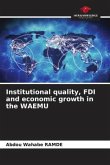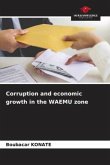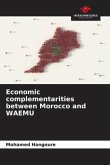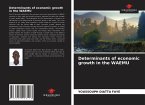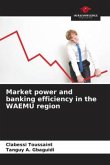This book deals with the phenomenon of economic convergence in the UEMOA (West African Economic and Monetary Union). Indeed, this zone has made so much progress in terms of integration that it is now considered a model of success in this field. However, despite all the efforts made and results achieved in the field of integration, income disparities between the WAEMU economies remain very wide. For example, the two richest countries alone account for more than half of the Union's total GDP, and the income gap between these two richest countries and the two poorest has widened by more than 130% in less than 30 years. In such a context, is it possible to hope that one day the poorest countries will join the richest? That's the question this book seeks to answer.
Bitte wählen Sie Ihr Anliegen aus.
Rechnungen
Retourenschein anfordern
Bestellstatus
Storno

